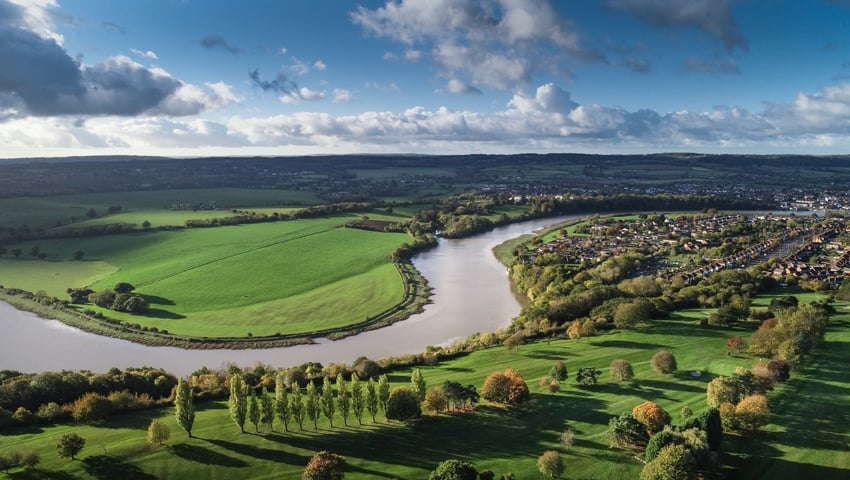A judicial review case supported and funded by campaign group River Action as part of its drive to limit the uncontrolled growth of large-scale intensive poultry production farms has been strengthened by an important High Court ruling.
A judge has allowed further grounds to be added to the claim brought by River Action advisory board member Dr Alison Caffyn. The claim is challenging Shropshire County Council’s planning permission for the construction of a large-scale intensive poultry unit.
Granting permission, the judge said that there is ‘wider interest’ in the court hearing the extra two grounds at the substantive hearing due in the coming months, and emphasised that it would be helpful to have the court’s authority on the issues raised.
The case is now set to be heard on four grounds when it is presented to the High Court at a hearing in March or April 2025.
The legal action aims to stop the spread of intensive poultry production in Shropshire and the River Severn catchment area, and is part of a nationwide campaign by River Action to prevent river pollution caused by intensive agricultural practices.
An application for the poultry production unit by developer LJ Cooke & Son was approved by Shropshire Council in May 2024 after it had initially been rejected, with the site located north-west of Shrewsbury at Felton Butler.
In July 2024, a legal challenge opposing the poultry unit was launched by Dr Caffyn, who lives in Shropshire and is a member of River Action’s advisory board.
The case argues that the decision to grant permission failed to account for the cumulative impact of the rapid and uncontrolled increase of intensive poultry units being constructed within specific river catchments. It is argued that the effect of spreading manure and the emissions from burning biomass is causing severe concentrations of river and air pollution.
Following the recent severe pollution of the neighbouring catchment of the River Wye, which is believed to be because of the expansion of intensive poultry production, the case argues that the catchment of the River Severn is now being subject to similar environmental threats.
Following the High Court ruling, the expanded grounds being argued in the March judicial review hearing are:
- A failure to assess the effects of spreading manure and the emissions from burning biomass, which as indirect effects of the development, needed to be assessed.
- A failure to impose a lawful planning condition on manure processing that would mean that the development would not cause groundwater pollution.
- A failure to carry out a lawful appropriate assessment as required by the Habitats Regulations to ensure that the development would not adversely affect the integrity of a designated protected habitat – an area with special status due to its natural importance.
- A breach of regulation 9(3) of the Habitats Regulations, which requires the council to take steps to avoid the deterioration of protected habitats.
Dr Caffyn said, “It’s really encouraging that the two extra grounds have been approved. We’re looking forward to demonstrating next month how inadequate Shropshire Council’s processes have been in granting planning permission for this industrial chicken operation. Shropshire has some really special countryside and habitats and local people need to be sure that the Council is protecting these and the River Severn catchment.”
